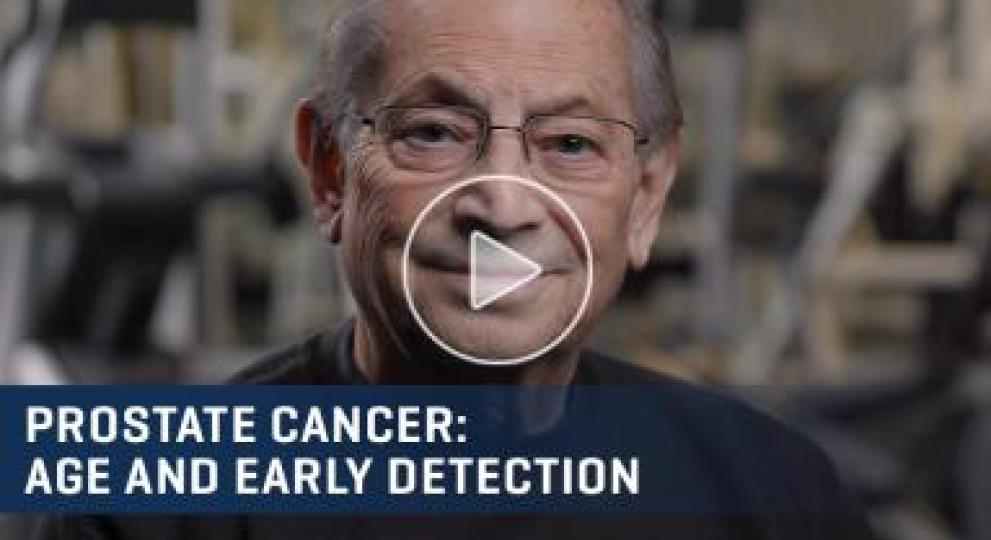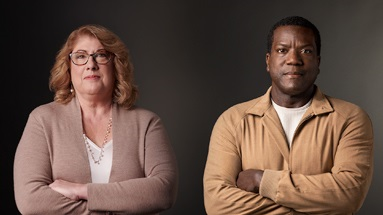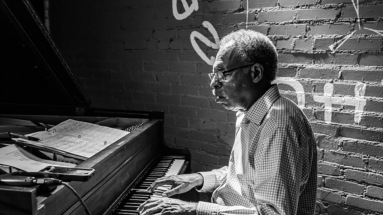Beyond prostate cancer—age & early detection
Beyond prostate cancer
—age & early detection
Beyond prostate cancer
—age & early detection
[Steve] To me, it was a big unknown. I had no family history. I did have some symptoms, but ignorance was a huge factor on my part of not doing anything about it, or not knowing what to do.
[Chris] I think being younger than 50 years old, that just creates a plethora of treatments.
And most of the options of course had some type of side effect.
And then of course being younger than 50 at the time, there’s this concern about a reoccurrence. And so the consultation piece is critical.
[Jack] I was 54 when I was diagnosed, and this can come at any age.
What’s important is screening. Early detection gives you many more options…
…as far as treatment. And early detection is important as far as how your outcomes can be.
[Chris] Dependent upon what your ethnic profile is, I would ask your physician ‘at what age should I start to monitor what my PSA is?’ And then just be very responsive to what the results are.
The key is to be aware, to treat it aggressively, and to be positive and lead your life in a very enjoyable way.
[Steve] Thinking about the things you used to enjoy doing, it does help you remain positive that, ‘jeez, I better just get going on this and try and keep my head screwed on straight so I can go back to the things that I like to do.’
[Chris] I recently retired and one of the things that I’m focused on is, when you think about prostate cancer…and having that purpose driven life, at this stage of my professional journey it’s all about, kind of, the second mountain. And the second mountain of accomplishments is really giving back, giving to others. And I’m looking to be more engaged and driving awareness and of course driving research dollars.
[Gary] At one time, I mean, my life kind of revolved around my prostate cancer. I still have to get my PSA checked, but I kind of forget I have prostate cancer now. It’s been six years.
[Frank] Exercise has been really healthy for me. It makes me feel stronger and it actually has helped from being in a negative attitude when you see you can still do things.
Since receiving a diagnosis of prostate cancer, these patients reflect on the importance of proactive screening and ongoing care for all patients, particularly older adults.













